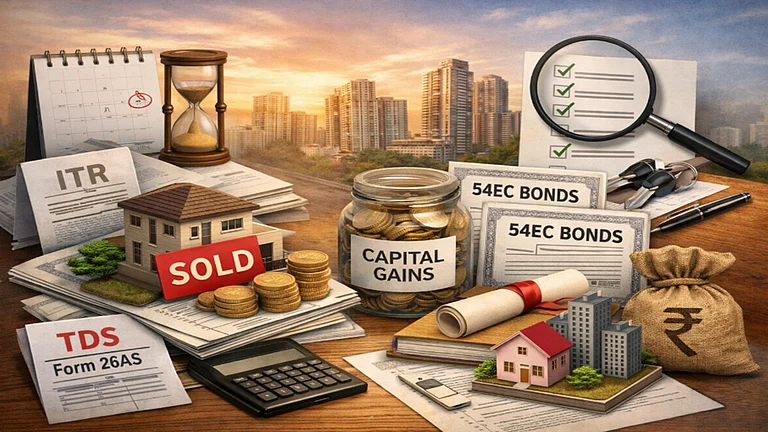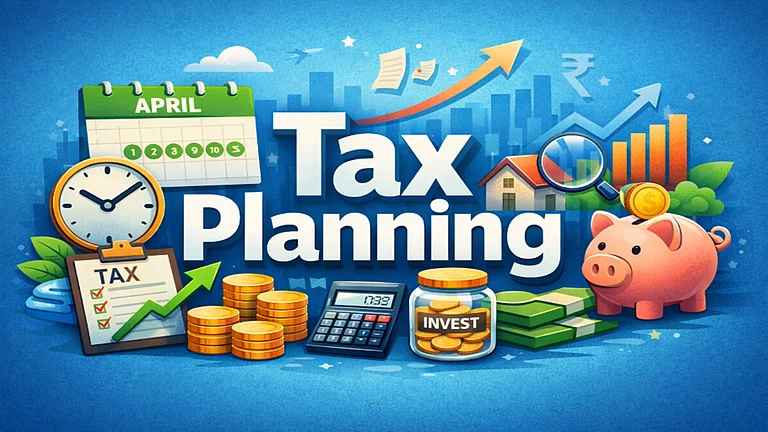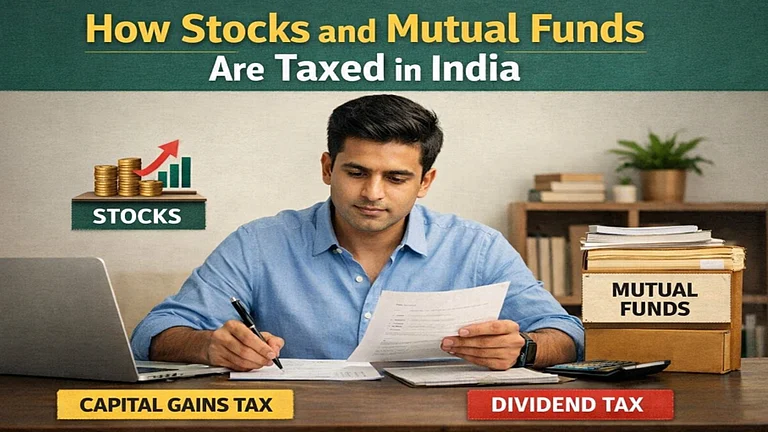Many taxpayers have recently received notices from the Income Tax Department (ITD) due to claiming rebate under Section 87A of the Income Tax Act, 1961. However, in a major relief to taxpayers, the Mumbai bench of the Commissioner of Income-Tax (Appeals), short for CIT (A) has ruled in favour of allowing the Section 87A tax rebate on special rate income, including the Short-term Capital Gains (STCG). The official circular, issued on February 27, 2025, has directed the Assessing Officer (AO) to allow the rebate claimed by individuals in this case under consideration.
What was the case?
The issue has been dragging since last year, July 5 when the ITD disabled the option in its filing utility to claim the rebate under this section. The matter was last year drawn to the Bombay High Court by the Chamber of Tax Consultants. While pulling up the Central Board of Direct Taxes (CBDT) to amend this error, the court in its judgment chose not to decide whether 87A rebate is to be given or not on STCG income. The reason? It was thought best to let the individual issues come to court and then on a case-to-case basis it could be heard by the judiciary officials.
According to reports, some taxpayers filed revised ITRs claiming the rebate under Section 87A on STCG by January 15, 2025. Under the ongoing processing of these ITRs, the ITD has reportedly issued intimation orders rejecting the rebate claims and generating tax demands.
Many have either paid the additional tax or chose to fight back legally, just as the taxpayer did in the case that went to CIT (A).
The appellant who filed ITR-3 under the new tax regime for AY 2024-25, declared a total income of Rs 5,40,670, including Rs 1,09,842 in STCG. This ITR was processed on September 19, 2024, under Section 143(1).
However, the CPC refused the rebate under Section 87A, limiting the taxpayer’s eligibility for financial relief. The appellant appealed under the faceless assessment scheme, where CIT(A) Mumbai took up her case.
Taxpayer’s Argument On This Case
1) The appeal by the taxpayers noted Section 87A and Section 115BAC (1A) should be read together. “The rebate provision should not be read in isolation but in conjunction with 115BAC (1A) which governs the new tax regime.”
The appellant cited that ignoring this connection creates ambiguity and undue hardship for taxpayers opting for the new tax regime.
2) Talking about the ‘overriding effect of Section 115BAC (A1)’, the taxpayers argued that this section begins with a ‘non-obstante clause,” which means it is supposed to take precedence over other Income Tax Act provisions while adhering to Chapter XII.
Chapter XII further includes the taxability of special rate income such as STCG.
Therefore the point was made that the absence of an explicit exclusion for STCG in Section 87A suggests that the rebate should apply to claimants.
3) What about the definition of ‘Total Income’? Noting that the ITA define a taxpayer’s total income inclusively, meaning it covers all income heads which also includes capital gains, the appellant noted;
If Parliament (the government) had intended to exclude STCG from the rebate, it would have explicitly done so, just as it did for the long-term capital gains under Section 112A.
4) No official announcement restricts the said rebate. The argument also made the point that typically tax policy changes that restrict taxpayer benefits are mostly announced publicly. However, Finance Minister’s budget speech in 2024 gave no such indication of restricting the rebate to only slab-rated income.
What Did The CIT (A) Verdict Say?
The commissioner took note of the taxpayer’s argument and noted that she had rightfully claimed a rebate on her STCG income as per Section 87A.
It verdict noted that the restriction imposed by the CPC was erroneous since deductions under Chapter VI-A are restricted on special rate income, but Section 87A falls under Chapter VIII and is not subject to those limitations.”
As a result, the AO was directed to allow the rebate under Section 87A, acknowledging that the taxpayer continued with the new tax regime option under Section 115BAC.
What is Section 87A Tax Rebate Provision?
Under the old tax regime, individuals who have a total income of up to Rs 5 lakh are eligible for a maximum tax rebate of Rs 12,500, effectively reducing their tax liability to zero. In contrast, under the new tax regime, taxpayers with a total income of up to Rs 7 lakh are entitled to a rebate of up to Rs 25,000.
Options for Taxpayers Facing Rebate Rejections
If you have received a tax demand notice rejecting your Section 87A rebate claim on STCG, here’s what you can do:
1) You should first review the notice by checking calculations and understanding the reasons for rejection.
2) To file a response, you have to log into the Income Tax e-filing portal and submit supporting documents within the given timeframe.
3) If the notice confuses you, it’s best to consult a Chartered Accountant (CA) or tax expert for guidance.
4) In case your appeal has been rejected, you can file another appeal with the CIT(A) and give reference to the recent ruling.
This verdict by CIT (A) sets a precedent for others who are facing similar tax demand notices and would give significant leverage to the arguments for taxpayers to claim their rightful rebate.















